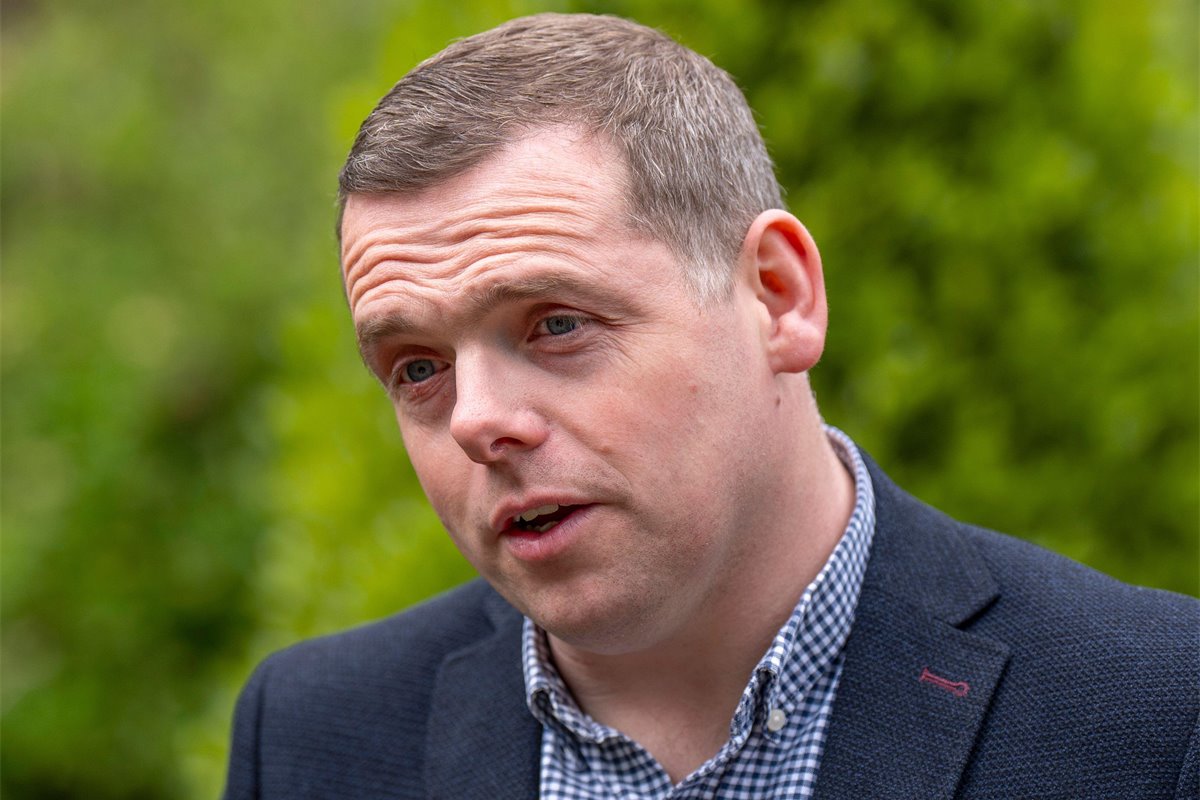Douglas Ross’s Political Career

Douglas Ross, a Scottish politician, has had a notable political journey, serving in various key positions and making significant contributions. This section will explore the milestones, achievements, and challenges he has encountered throughout his political tenure.
Early Political Career
Ross began his political career in 2007 as a councilor for Moray Council, where he served for eight years. During this time, he gained experience in local government and developed a strong understanding of community issues.
Member of Parliament
In 2016, Ross was elected as the Member of Parliament (MP) for Moray. As an MP, he has served on several parliamentary committees, including the Scottish Affairs Committee and the Justice Committee. He has been an active advocate for his constituents and has raised issues related to rural development, infrastructure, and healthcare.
Scottish Conservative Leader
In 2020, Ross was elected as the leader of the Scottish Conservative Party. As leader, he has been responsible for guiding the party’s strategy and policies. He has focused on issues such as the economy, education, and the constitutional future of Scotland.
Challenges and Controversies
Ross’s political career has not been without challenges and controversies. He has faced criticism for his handling of the COVID-19 pandemic and his support for Brexit. Additionally, he has been involved in a number of high-profile incidents, including a confrontation with a protester during a live television interview.
Douglas Ross’s Policy Stances

Douglas Ross is a Scottish politician who has served as the Member of Parliament (MP) for Moray since 2017. He is a member of the Conservative Party and has held various ministerial positions in the Scottish Government. Ross’s policy stances are generally aligned with the Conservative Party’s platform, which emphasizes fiscal conservatism, free markets, and individual liberty.
Healthcare
Ross supports the National Health Service (NHS) but believes that it needs to be reformed to make it more efficient and effective. He has proposed a number of measures to achieve this, including increasing competition between healthcare providers, giving patients more choice over their care, and reducing bureaucracy. Ross also supports measures to reduce the cost of healthcare, such as increasing the use of generic drugs and negotiating lower prices with pharmaceutical companies.
Education
Ross believes that education is the key to unlocking opportunity and social mobility. He supports policies that give parents more choice over their children’s education, such as expanding the use of school vouchers and charter schools. Ross also supports measures to improve the quality of education, such as increasing teacher pay and providing more support for struggling students.
Economy, Douglas ross
Ross is a strong supporter of free markets and believes that the government should play a limited role in the economy. He supports policies that reduce taxes and regulation, and he opposes government intervention in the private sector. Ross also believes that the government should focus on reducing the national debt and deficit.
Douglas Ross’s Leadership and Public Profile
Douglas Ross has been the leader of the Scottish Conservative Party since 2020. His leadership has been characterized by a focus on traditional Conservative values, such as fiscal responsibility and a strong defense. He has also been a vocal critic of the Scottish National Party (SNP) and its leader, Nicola Sturgeon.
Public Image
Ross’s public image has evolved over time. He was initially seen as a rising star in the Scottish Conservative Party, but his popularity has declined in recent years. This is due in part to his outspoken criticism of the SNP, which has alienated some voters. He has also been criticized for his handling of the COVID-19 pandemic.
Popularity and Unpopularity
Ross’s popularity among different segments of the population varies. He is most popular among older voters and those who live in rural areas. He is less popular among younger voters and those who live in urban areas. This is likely due to his focus on traditional Conservative values, which are less popular among these groups.